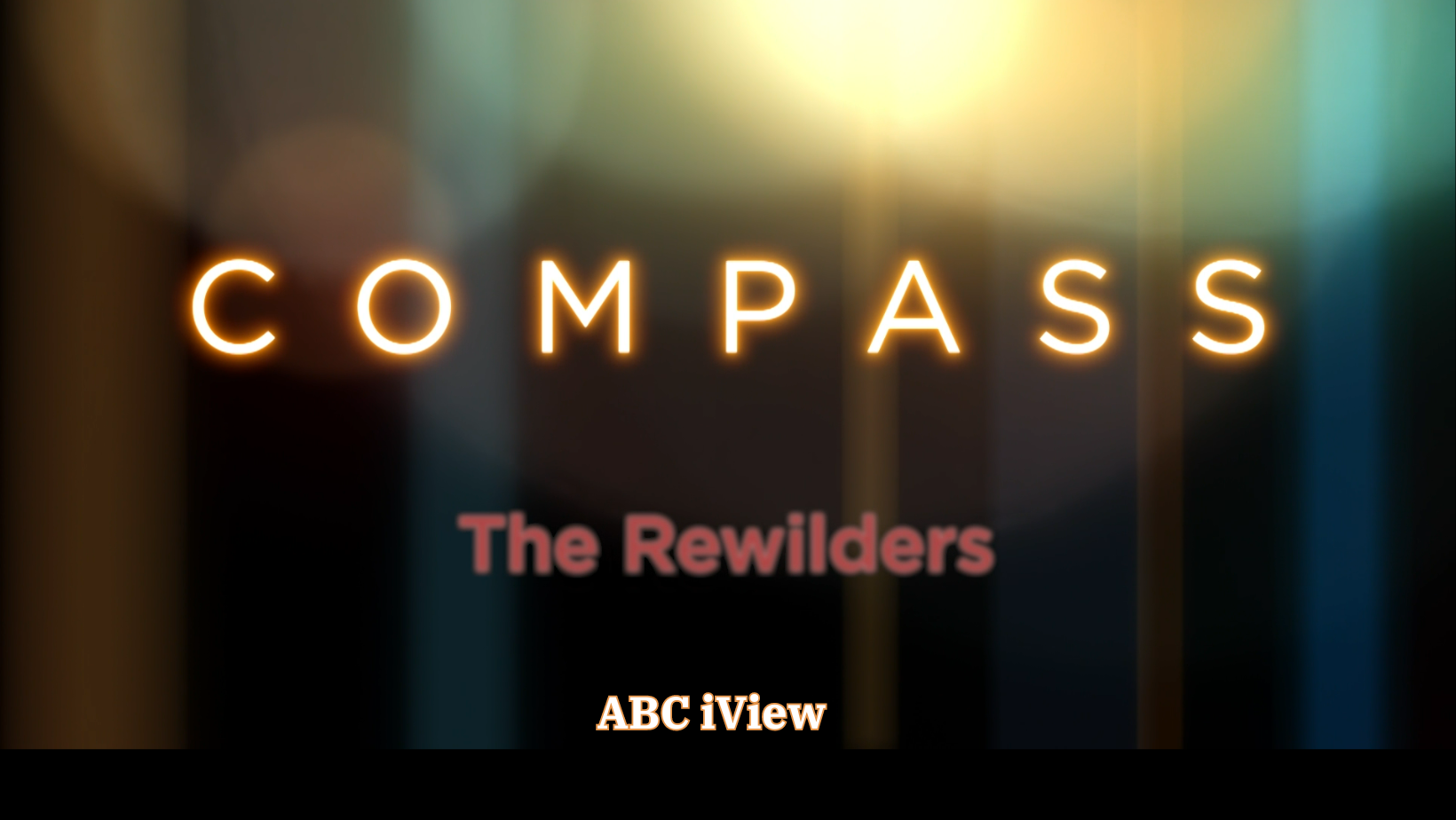Outward Bound
/It was with some awe that I found myself rubbing literal shoulders with Bob Brown on the City Hall stage last weekend as part of the Newcastle Writers Festival. Along with award-winning author Favel Parrett, the three of us were to discuss the significance of connecting to wild places on a panel named Outward Bound.
Why this urge to leave the civilised world behind and immerse oneself in far flung nature, we were questioned.Is it just peace and quiet we seek, or do these experiences offer us something much deeper? Something that can only be gained when surrounded by the more-than-human-world?
It is a big subject. The chairperson Rosemarie Milsom wisely asked us to start with a single early and powerful experience.
Favelbegan, talking about when she was awarded the Antarctic Arts Fellowship, allowing her to travel to Antarctica to research her novel When the Night Comes. Her voice dropping almost to a whisper, she described the moment sitting on a toilet at an outstation hut when the hitherto monotonous blues and whites suddenly broke up into a thousand different colours.
And yet what she loved most of all was “the days at sea watching the world passing me by through the porthole in moments of light.”
Although recorded in countless interviews, there was no emotion lost in Bob’s telling of his first meeting with Tasmania’s Franklin river in 1976 during an 11-dayrafting trip.
“It was day after day of waterfalls and side canyons, rainforests, fungi, glow-worms, platypuses, eagles and cormorants'' he says.''I was just transported by the remoteness and the wilderness of that country.”
“We came back to civilisation determined to publicise the plight of the wild rivers.”
The bond that formed between river and river-runner in that encounter changed more than just one life. Igniting a passionate campaign to save the Franklin, it also sparked a national conservation movement, resulting in the protection of wild placesnationwide.
“In the end it was the river itself that saved the day,”Bob said, mirroring my exact thoughts, as I heard even now in Bob’s words the river talking through him.
In a similar vein, I described the first time I was taken to a logging operation. Standing upon an enormous brush box stump at the foothills of Barrington Tops looking out over a flattened hillside, I cried, realising that we are destroying our very life support systems, and wiping out entire species in the process. It was awe of a different kind elicited from my hikes, and one which propelled me into a decade of forest conservation work, and eventually, to living for a year in a homemade shelter experiencing life in the forest more intimately.
Since the publication of my book, many readers have told me in secretive tones of their yearningto be ‘outward bound.’ As Bob said, underneath our civilised selves we are, in essence wild creatures, longing for soot on our skin and dirt under our fingernails. And yet more than that, he says, it is often where we find our soul.
Connecting to the wilds then, is both an opportunity to connect with oneself, but also to a larger story, one in which the first sentence can be the start of a lifelong conversation.



